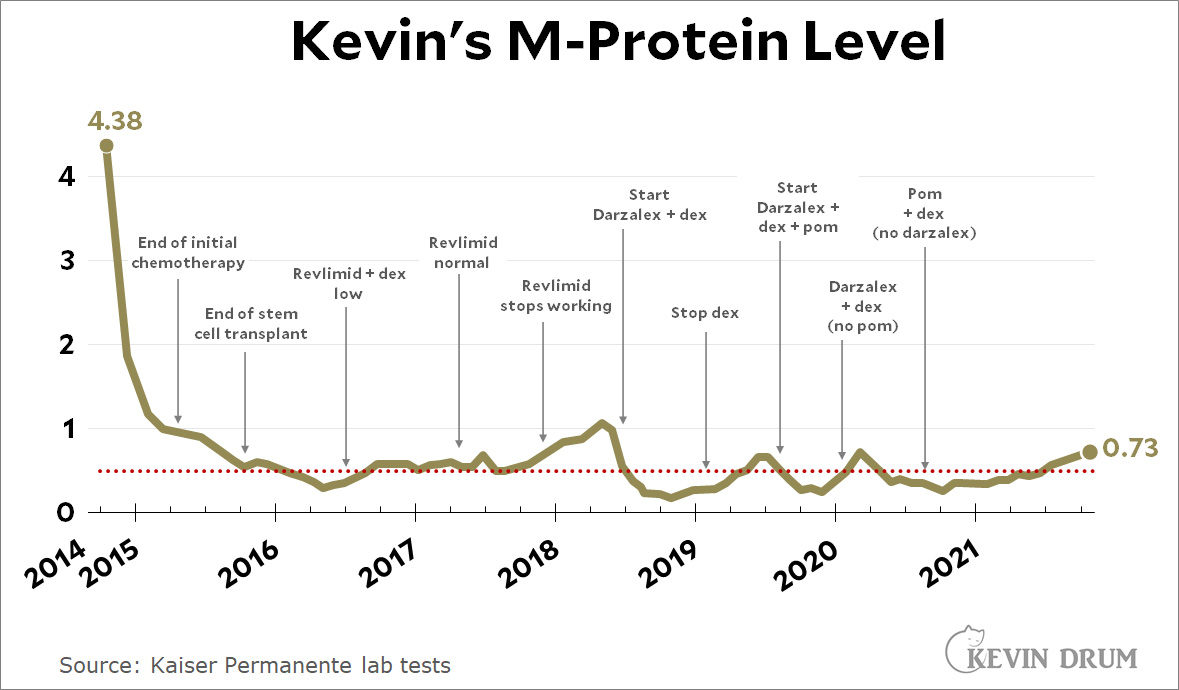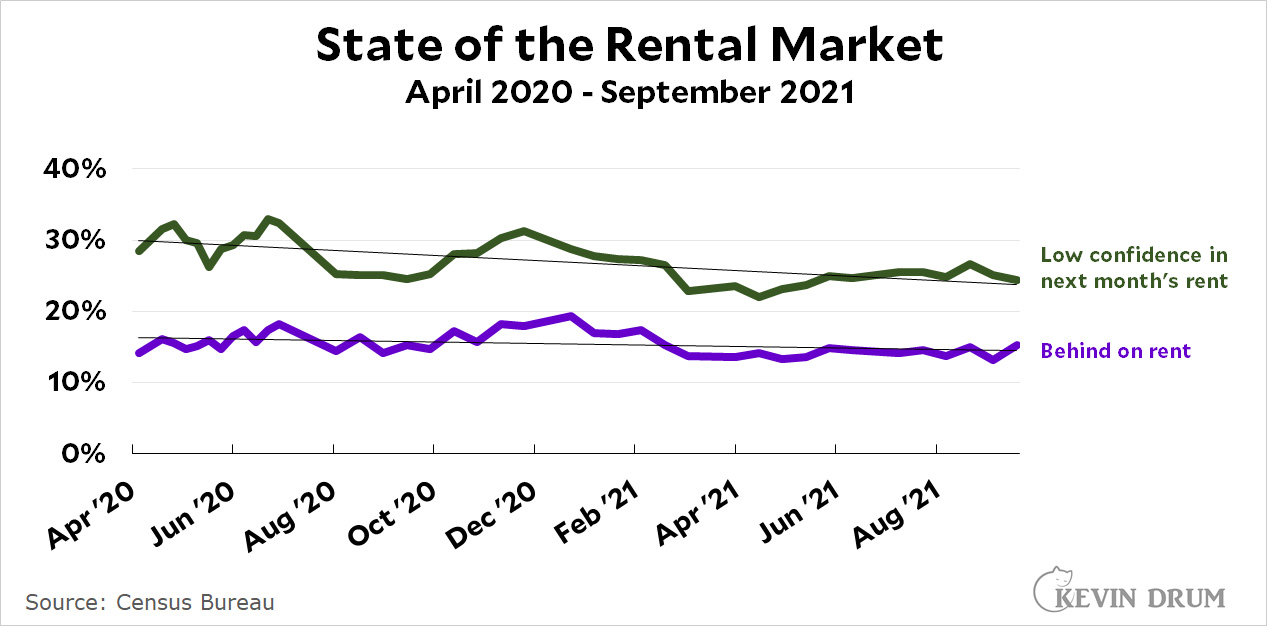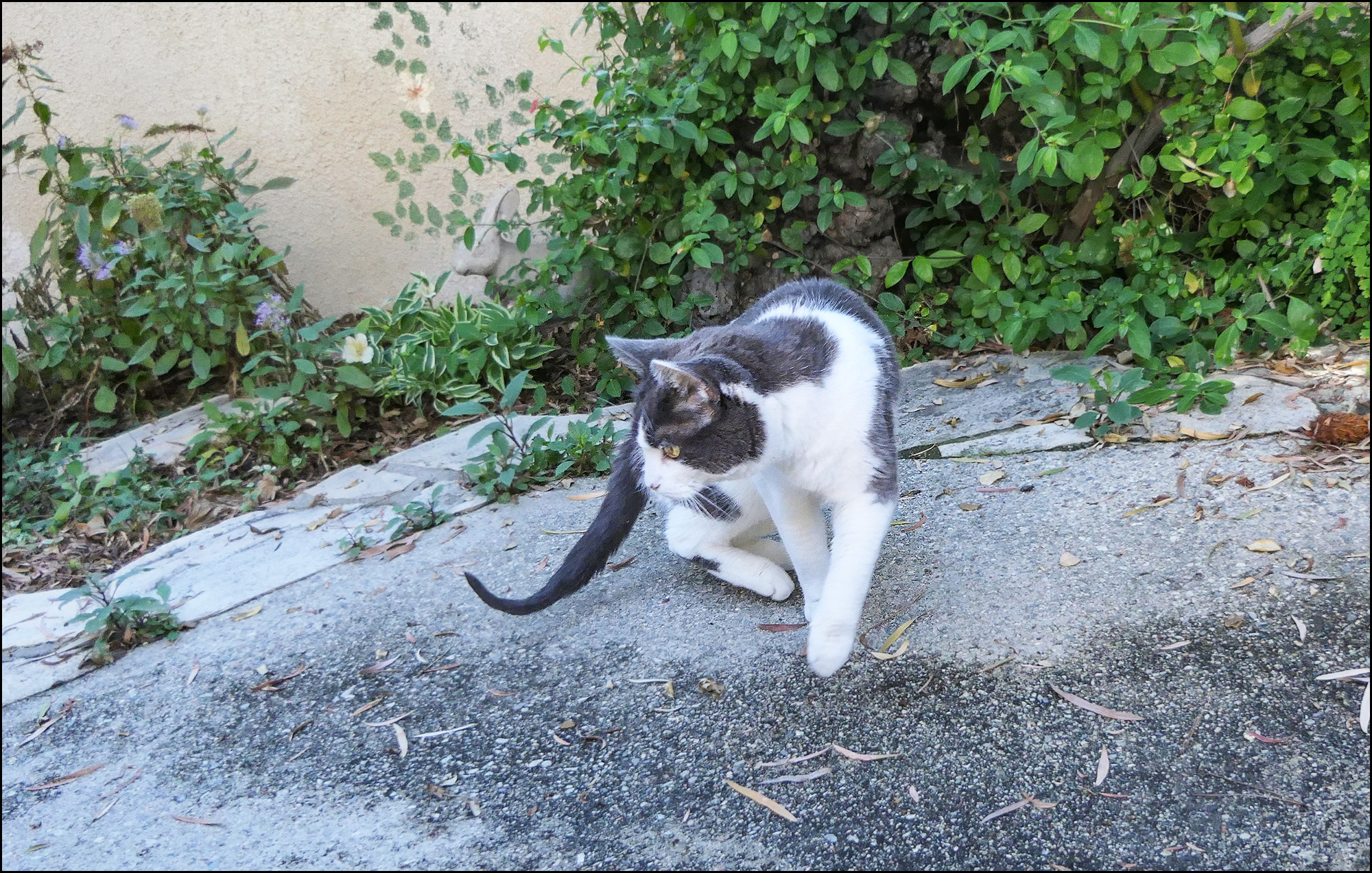I can assure you that it's safe to go trick-or-treating this year. Except for that weird guy at the end of the block, of course. Everyone knows he must be a serial killer or something.
Month: October 2021
UC Santa Barbara unveils plan to torture freshmen
This weekend's viral news story is about a new freshman dorm being built at UC Santa Barbara. It originated because one member of the Design Review Committee at UCSB didn't like the plan. The other 12 were presumably fine with it, as is the university administration.
So why does anyone care about (a) one dissent (b) at a middling university (c) over a new dorm? Because (a) the dorm was designed and funded by a quirky zillionaire and (b) the rooms don't have windows.
This sounds nice to me—or at least worth a try, anyway. The dorm is based on suites that contain eight little bedrooms, two bathrooms, and a common area in the middle for studying. The lack of windows means the rooms should be nice and quiet at night, and single rooms for everyone means not putting up with annoying roommates constantly telling you to get lost for an hour or two because they want to bring their current love interest over.
But on Twitter, you'd think that UCSB students are being put in Supermax cells. Seriously. This is apparently what passes for enlightened progressive thought these days. It's why you should ignore Twitter.
Malibu is really expensive
Silicon Valley mogul Marc Andreessen recently bought a wildly expensive piece of property in Malibu. Fine. Moguls gotta mogul. But what's up with this?
Records show the seller was Serge Azria, a fashion mogul behind clothing lines such as Joie and Equipment. He bought the seven-acre property for $41 million from late film producer Jerry Weintraub in 2013 and had been quietly shopping it around for $218 million.
Andreessen ended up bargaining Azria down to $177 million, but that's still a 330% appreciation over the course of eight years. wtf?
Let’s Go Brandon
Just in case you don't know it, "Let's Go Brandon" is a conservative code phrase for "Fuck Joe Biden." You are better off if you don't get this, but if you insist on knowing, this is as good an explanation as any.
Trivial local stories will be the death of the national media
First, the backstory: On October 11, the Daily Wire published a story about a May 28 rape at a high school in Loudoun County, Virginia. The gist was that a male student who presented as a girl had entered the girl's bathroom, where he raped a female student. As it turned out, the initial story made a lot of mistakes, though it also pointed out some genuine problems. So why was the whole incident invisible for so long? Ben Smith quotes Jen Monroe, who wrote a followup story about the incident:
This is so very often true: "A right-wing outlet let ideology motivate their reporting, while the mainstream media couldn't be bothered to report on it in the first place." https://t.co/K28iTCb5Eg
— Ben Smith (@benyt) October 29, 2021
I want to take the opposite side of this. This is a story that had no place in the national spotlight to begin with. It's a local story. The real problem is that when they're politically useful, local stories are routinely blown up onto the national stage these days. Social media has a lot to do with this.¹
One of the mechanical reasons for this is that media in the past had word limits. TV news was 30 minutes long. Newspapers were only as big as advertising allowed. Magazines had set page limits. Local stories from around the country might get blurbs on page A34, but only rarely did they truly become national stories.
Needless to say, the advent of unfettered talk radio, 24-hour cable news, and the internet shattered those limits. Today, reporters see a few hundred people griping about something on Twitter and decide it must be a trend. Political players on both sides are constantly on the lookout for minor local stories that are likely to inflame their audience—and in a country of 300 million they're guaranteed to find plenty.
I don't think there's really anything we can do about this. It's just life in the 21st century. Nevertheless, let's get the diagnosis right. It's not that the national media ignores vital local stories. It's that the national media is more and more dragged into paying attention to trivial local stories.
POSTSCRIPT: The original Daily Wire story is here. Jen Monroe's followup story (linked in the tweet above) is here. Another, more detailed story by Jon Ward is here.
¹See? I can come up with negative aspects of social media too. I just don't think social media is uniformly horrific.
A Facebook quiz: Worse than heroin, or is it a wash?
Not counting Facebook's chief flack, the Wall Street Journal invited eleven people to write about Facebook this weekend. Of those, ten essays were entirely negative. Only one, by David French, made the bog obvious point that whatever we do, we don't want the government deciding what does and doesn't show up on our news feeds.
The other ten are uniformly in agreement that Facebook has roughly the same societal value as heroin. Was the Journal really unable to find anyone to make a few obvious points in Facebook's defense? I realize some of these are going to seem almost childishly obvious once I put them down in words, but here are a few examples:
- Number 1 by far: The vast, vast majority of Facebook has nothing to do with politics. As my mother puts it, "It's puppies and kittens." People get a great deal of pleasure from this.
- Facebook has a lot of users. Does this give them a lot of power? Yes indeed. It also gives them a lot of reach, which most people find very useful. If you want to catch up with an old friend, Facebook's size makes it more likely that you'll find them.
- There is no evidence that Facebook or Instagram are bad for teenage girls. Just the opposite. On a wide variety of topics, teens say that Facebook and Instagram have been very helpful.
- If you want to organize a group to fight breast cancer or racism or loud leaf blowers, Facebook is a great platform. People do this a lot!
- On a more political topic, Facebook is great for organizing GOTV operations. Research has confirmed this.
- Facebook has focused a very public spotlight on the kind of pathological extremism that's existed for many decades (at least) in the United States. You may not like seeing this, just as you might be queasy about watching a surgeon at work, but the alternative is to remain in blissful ignorance about what's going on out there. I'll vote for knowing about this stuff so it can be fought, thank you very much.
This list is not meant to be exhaustive. Nor is it mean to deny that Facebook has a bad side. That's a different list, one that we're all familiar with these days. This list is the flip side.
So does the good outweigh the bad? I remain agnostic. But you have to at least acknowledge the good before you can claim to be drawing a rational conclusion about all this.
Health Update
Here's the latest on the multiple myeloma front:
 This was my first test since July, and obviously the results aren't so hot. There's nothing here to be seriously upset about, but it looks like my current chemo med is starting to lose effectiveness and it will soon be time to switch to another one. I'll discuss it with my oncologist at my next appointment.
This was my first test since July, and obviously the results aren't so hot. There's nothing here to be seriously upset about, but it looks like my current chemo med is starting to lose effectiveness and it will soon be time to switch to another one. I'll discuss it with my oncologist at my next appointment.
The rental market is once again about the same as always
Here are the latest Household Pulse results for the rental market:
 I'm mostly posting these results just for the record these days, since they haven't really changed much. The latest survey goes through early October, and it once again suggests that nothing much happened in the rental market after the eviction moratorium was struck down.
I'm mostly posting these results just for the record these days, since they haven't really changed much. The latest survey goes through early October, and it once again suggests that nothing much happened in the rental market after the eviction moratorium was struck down.
Friday Cat Blogging – 29 October 2021
This is Hopper's tail. It's fully healed, but the fur hasn't completely grown back. This gives it a thin, stiletto-like appearance, sort of like she's a scorpion. One quick swish of her deadly tail and enemies are down for the count. So far, though, Hilbert has avoided instant death at the hands of his sister.
A random thought about Facebook
I have to leave for lunch, but here's something to discuss while I'm gone.
I think everyone agrees that Facebook can accelerate the spread of disinformation even if it's not the original source. But there's a flip side to this, and it has two elements. First, by making crazy disinformation public very quickly, it allows the pushback to start more quickly. Second, it can help accelerate the pushback, just as it accelerates the initial disinformation.
Thoughts?


